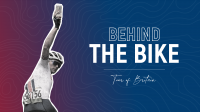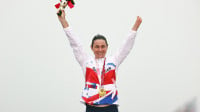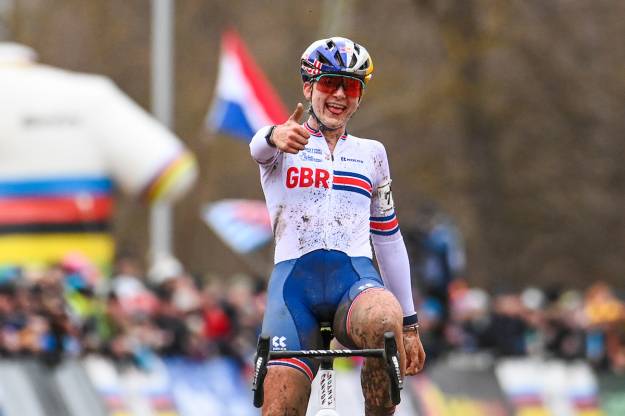![]() Published: 9 May 2012
Published: 9 May 2012
Report: Scott Hobro
Great Britain para-cyclist Jody Cundy is hoping he can be one of the success stories of the London Paralympics and in the process help inspire more disabled children to get into sport.
The multiple world and Olympic champion will be on a mission to add to the two gold medals he won at the Beijing Paralympics in the kilo and team sprint when the track cycling action commences on the 30 August in London. In addition to defending both titles, Cundy has added the 4km individual pursuit to his portfolio of events.
Yet the 33-year-old, whose right foot which was amputated at the age of three, is looking beyond medals tallies and hopes that he and the other Paralympians can put on a show which will transcend beyond the competition and leave a lasting impact on the nation.
“Hopefully the Paralympics will inspire disabled children who see people performing at the very top of their game,” Cundy said. “Hopefully that will inspire them to pursue sport in general and not be limited by their disability - that’s what the legacy is about and there’ll be some amazing facilities that will live on from the Games. In legacy cycling is going to really benefit as well as Paralympic sport in general.”
On the track the standard of para-cycling has never been greater with many nations benefitting from increased investment into the sport, which in turn has resulted in a tougher task for Great Britain’s para-cyclists who dominated in Beijing. Despite topping the medal table at the UCI Para-Cycling Track World Championships in Los Angeles in February, Cundy conceded that the competition was a wake-up call for the athletes ahead of the summer.
“The strength in depth has gone up and you can see it by the size of the squads,” Cundy observed.
“We have only got a few bases covered – we haven’t got all the things. We’re very good at the things we are entered in but there are spaces where if we could find athletes and develop them we could actually pick up more medals on the way. But the other nations have realised the success we have and what happens if you put some funding towards athletes.
“If you make it almost into a professional sport and focus on getting the most out of them – providing them with a sports science background, nutritional information, technology, the bikes and equipment we use and push them forward in their training methods you challenge them and they’ll get bigger and better and that’s what the rest of the world is doing.
“London will be a very tough competition - it’s going to be harder than Beijing because a lot of the events we were successful in have gone from the programme. We have a good target and were the best prepared we’ve ever been."
On a personal level, Cundy is renowned for his explosive sprinting and pace, reaching speeds in excess of 65kmph. That fact makes the 4km pursuit, an endurance event, a somewhat unknown which Cundy admits is providing a fresh test.
“[I’m finding the 4km pursuit] very hard actually,” Cundy confesses. “We did the pursuit because we needed to qualify points for London. That was the main reason for doing it and in the first competition I ended up with a silver medal at the world championships so it was like ‘this is something we should really concentrate on for London’.
“As times gone on we went to another world championship and I won bronze in LA and now the next competition is London. So far I’ve got silver and bronze, it would be nice to add gold to it but it’s not my speciality. My physiology and body is really good at getting all the efforts out in a minute and five seconds or what I do in the kilo so to have to switch that off to go into a completely different mode in the 4km which is very hard work but I’m still training for it. I’m still working for it but it’s taking a back stage to the kilo and team sprint.”









